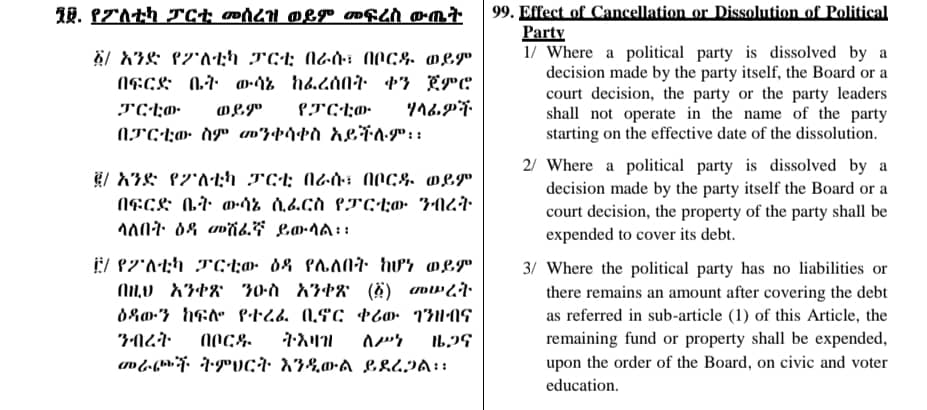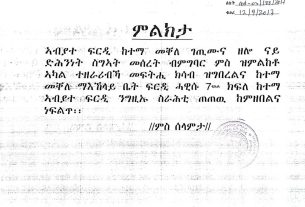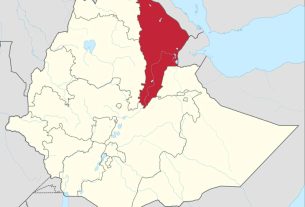Mekelle, Tigray | May 14, 2025
The National Election Board of Ethiopia (NEBE) has formally deregistered the Tigray People’s Liberation Front (TPLF) as a political party, citing long-standing noncompliance with electoral laws and the party’s failure to fulfill obligations following its conditional re-registration under “special circumstances.”
The decision, made official on May 5, 2025, follows repeated warnings by the Board, which had given the party a three-month suspension period to correct its legal deficiencies. The suspension and eventual deregistration are grounded in Proclamation No. 1332/2016 and Directive No. 25/2016, both of which set clear requirements for parties re-registered under exceptional legal provisions.
The Board emphasized that the TPLF had originally been deregistered in 2019 under Proclamation No. 1162/2011, Article 98, due to its participation in acts of violence. Despite multiple appeals in 2023 to reinstate its prior status, the Board maintained that there was no legal provision allowing a party dissolved under such grounds to regain legal personality. Instead, the TPLF was registered afresh in 2024 under newly promulgated laws allowing political entities to apply for status under “special circumstances.”
However, according to NEBE, the TPLF not only failed to meet its obligations under the new framework but also denied the legitimacy of the legal registration certificate it had agreed to and signed. The Board noted that it had made several written requests urging the party to comply with the directives and fulfill legal requirements, all of which were disregarded.
As a result of the party’s persistent refusal to comply, NEBE proceeded to deregister the party entirely. In accordance with Article 99 of Proclamation No. 1162/2011, which outlines the legal consequences of dissolution, the TPLF and its leadership are now prohibited from operating in the name of the party from the effective date of deregistration.
“From May 5, 2025, neither the TPLF nor its leaders may engage in any political activity or representation under the party’s name,” the Board stated.
Moreover, the NEBE confirmed that the TPLF’s assets will be subject to legal review. As per Article 99(2), the property of the dissolved party is to be used to settle outstanding debts. If no liabilities exist or any funds remain after debt settlement, Article 99(3) mandates that the remaining resources be allocated—under NEBE’s supervision—to support civic and voter education programs across Ethiopia.
This marks the second official dissolution of the TPLF, which once held dominant political power in Ethiopia and led the ruling coalition for nearly three decades. The party’s status had already been severely curtailed following the civil war that began in 2020 and the signing of the Pretoria Peace Agreement in 2022, which led to its initial legal appeals and conditional re-entry into Ethiopia’s political landscape.
The Board said its decision has been formally communicated to the TPLF, the Ministry of Justice, and will be made public as part of the legal requirement, with all provisions of Article 99 now being enforced.




